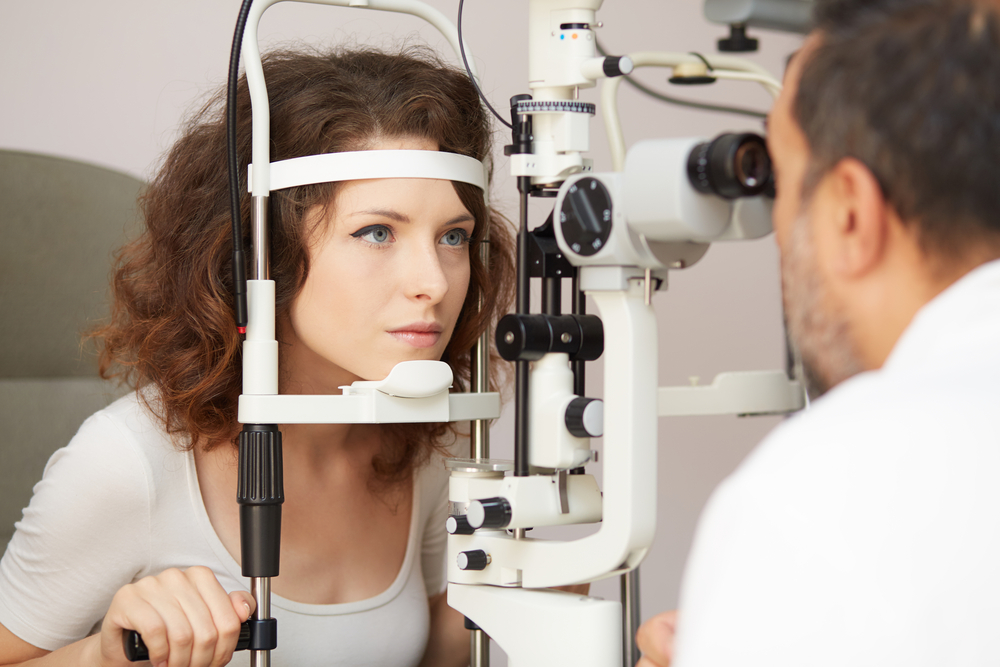
A comprehensive eye exam is not just about getting a new pair of glasses or contact lenses. It's about assessing your eye health and, more importantly, your overall health. It's about catching early signs of eye diseases that could lead to vision loss and detecting other health issues that might manifest in your eyes first.
What is a Comprehensive Eye Exam?
A comprehensive eye exam is a thorough evaluation of your eyes and vision by an eye care professional. It's more than a simple vision screening that you might have at school or work. A comprehensive eye exam involves several tests to assess your vision and check for eye diseases.
During this exam, your eye doctor will evaluate your eye health, measure your visual acuity, and determine your prescription if you need corrective lenses. They will also look for any signs of common eye conditions.
A comprehensive eye exam can also reveal other health issues that might not be directly related to your eyes. Conditions such as diabetes, hypertension, and even some neurological disorders can be detected during an eye exam, making it an essential part of your overall health care routine.
What to Expect During an Eye Exam
The exam typically begins with a review of your medical and vision history. Your eye doctor will ask you about any vision problems you're experiencing, your overall health, your family's health history, and any medications you're taking. This information is vital in guiding the rest of the exam and the tests that your doctor will perform.
Next, your doctor will conduct various tests to check your visual acuity, eye muscle movement, depth perception, color vision, and peripheral vision. These tests are crucial in determining whether you need corrective lenses and if your eyes are working together correctly.
Your doctor will also examine your eyes using special instruments. They will look at your eye's external parts, such as your eyelids and cornea, and the internal structures, like your retina and optic nerve. This part of the exam allows your doctor to detect any signs of eye diseases and other health issues.
Why Regular Eye Exams Matter
Regular eye exams are crucial for several reasons. First, they ensure that you have the best vision possible. If your vision is less than perfect, your doctor can prescribe corrective lenses to help you see better. This can significantly improve your quality of life, making everyday tasks easier and more enjoyable.
Second, regular eye exams allow for early detection of eye diseases. Many eye conditions do not have noticeable symptoms in the early stages. By the time you notice something is wrong, you might have already suffered significant vision loss. Regular eye exams can catch these conditions early, when they are easier to treat and before they cause significant damage.
Common Conditions Detected Through Regular Eye Exams
Through regular eye exams, your eye doctor can detect common eye conditions such as glaucoma, cataracts, and age-related macular degeneration.
Glaucoma is a group of conditions that damage your optic nerve, leading to vision loss and blindness if left untreated. It often has no symptoms in the early stages, making regular eye exams essential for early detection.
Cataracts are cloudy areas in your eye's lens that can cause blurry vision, sensitivity to light, and difficulty seeing at night. They usually develop slowly and are common in older adults. Regular eye exams can detect cataracts early, allowing for timely treatment.
Age-related macular degeneration is a condition that affects your macula, the part of your eye that allows you to see fine details. It can cause blurred or reduced central vision, making it difficult to read, drive, and recognize faces. Regular eye exams can detect this condition in its early stages, slowing its progression and preserving your vision.
How Often Should You Have an Eye Exam?
The frequency of your eye exams depends on several factors, including your age, overall health, family history, and risk of developing eye diseases.
In general, adults should have a comprehensive eye exam annually. If you're over 60 or have a high risk of developing eye diseases, you might need to have eye exams more frequently.
Children should also have regular eye exams to ensure their vision is developing correctly and to detect any vision problems that might affect their academic performance. The first eye exam should be at six months of age, followed by another at three years, and then right before they start school. After that, they should have an eye exam every one to two years.
Conclusion
Regular eye exams are an essential part of your eye and overall health care. They help detect eye diseases early, when they are easier to manage, and can reveal other health issues that might not have noticeable symptoms yet.
Protect your vision and eye health by scheduling your next comprehensive eye exam today, visit Rolling Hill Eyecare at our office in Pullman or Colfax, Washington. Please call (509) 334-3610 or (509) 397-3961 to schedule an appointment.









